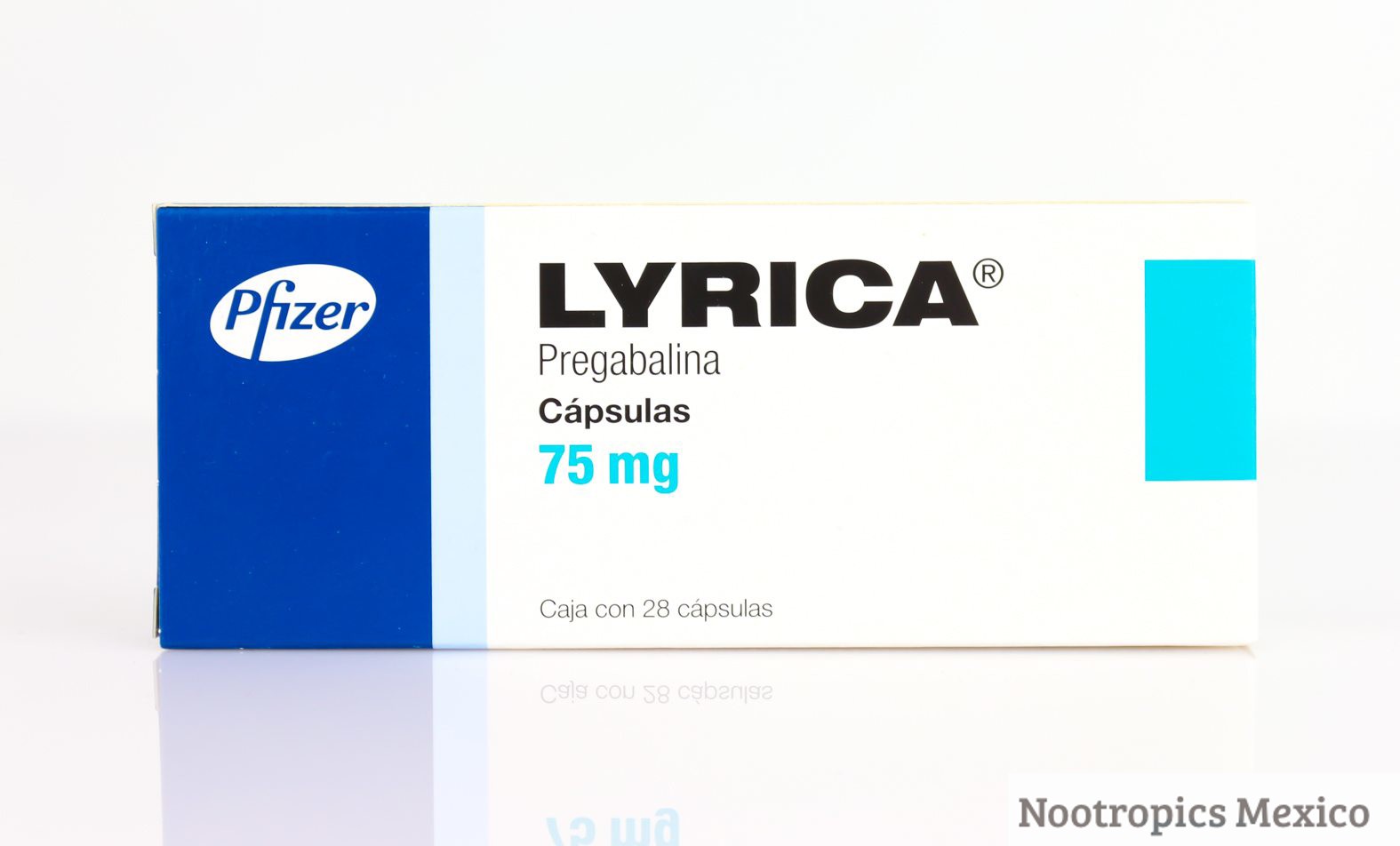Lyrica®, also called pregabalin, is a prescription anti-seizure medication. It may also be called an anticonvulsant or anti-epileptic drug. This medication works by slowing down the brain impulses that cause seizures, and also affects the chemicals the brain produces to send pain signals. While Lyrica® is prescribed to treat patients who have seizures, it is also used to treat Fibromyalgia, and pain caused by diabetic neuropathy and herpes zoster.
Lyrica® Warnings
It is important to note that patients should continue to take Lyrica® even if they feel well. Stopping this medication suddenly may cause an increase in seizure activity, seizures to become worse, and withdrawal symptoms such as headache, sleep problems, and diarrhea. Consult a physician regarding how to safely stop taking Lyrica®.
If a patient is taking Lyrica®, a card or medical ID bracelet stating so should be with the patient at all times. Doctors, emergency medical teams, and any other medical providers need to be made aware that the patient is taking this medication.
Lyrica® has caused suicidal thoughts in some patients. Make sure that regular appointments are kept with the prescribing physician, as the physician will monitor mood and check emotional health during these appointments.
Special dosage or tests may be required for those who have congestive heart failure, diabetes or kidney disease to safely take Lyrica®. The physician needs to be made aware if the patient has any of these conditions.
Lyrica® should not be used when trying to become pregnant or while pregnant. This medication may be harmful to the unborn child, and if the father is taking the medication, the child may have birth defects. A patient that is taking Lyrica® should discuss this and birth control options if there is a risk of pregnancy.
Do not drink alcohol with Lyrica®. Alcohol can potentially increase side effects of the medication.
Lyrica® Side Effects
If signs of an allergic reaction are experienced, get emergency medical attention immediately. These signs include swelling of the face or lips, hives and difficulty breathing.
If the patient feels or exhibits signs of the following symptoms contact the prescribing physician immediately. These signs are:
- Mood or behavior changes
- Depression
- Anxiety
- Feeling agitated, hostile, restless or hyperactive
- Have thoughts of suicide or hurting oneself
The following serious side effects have been reported with Lyrica®:
- Muscle pain, weakness, or tenderness
- Easy bruising or bleeding
- Swelling of the hands or feet
- Rapid weight gain
If any of these symptoms are experienced, the physician should be contacted as soon as possible. Do not stop taking Lyrica® without first speaking to a physician.
The following more common side effects have also been reported:
- Dizziness or drowsiness
- Mild anxiety
- Blurred vision
- Loss of balance or coordination
- Problems with concentration and memory
- Dry mouth
- Skin rash
- itching
- Constipation
- Stomach pain
- Increased appetite
- Joint or muscle pain
Remember that Lyrica® has been prescribed because the physician felt the benefits of the medication outweighed the side effects. If any symptom becomes intolerable, contact the prescribing physician.
Lyrica® Drug Interactions
Taking Lyrica® with cold medicine, allergy medicine, narcotic pain medication, sleeping pills, muscle relaxers or any other seizure medicines will increase drowsiness and dizziness. Do not operate heavy machinery, drive, or perform any task that requires alertness while taking Lyrica® and one of the above types of medications.
No specific drug interactions have been reported by the FDA regarding Lyrica®.
Not all side effects or drug interactions may have been reported. If side effects not mentioned here are experienced or if a drug interaction is suspected, contact the prescribing physician or a pharmacist for assistance.
